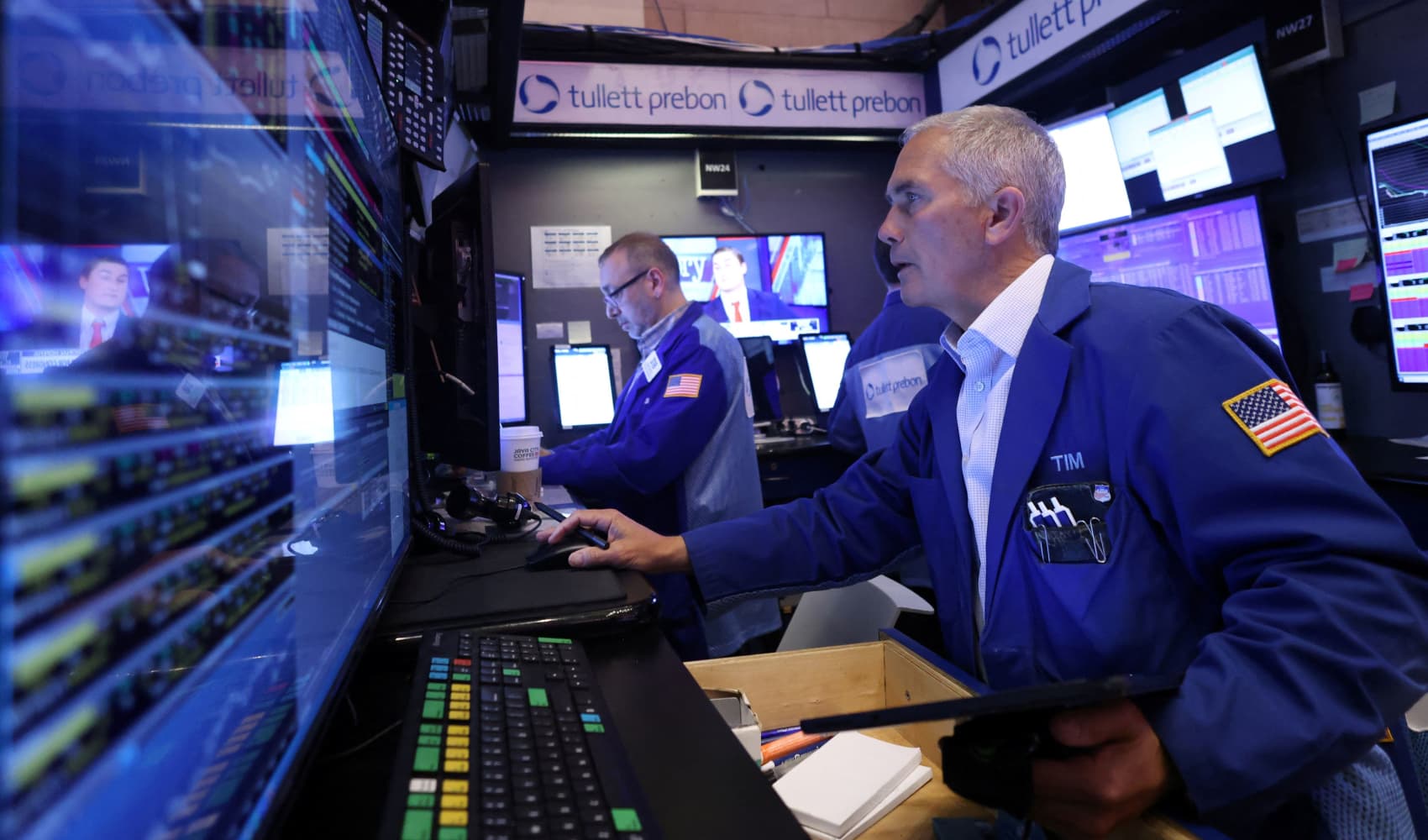
The Biden administration has said that student loan payments will finally restart in May. Many people aren't taking that message seriously.
Americans believe it's more likely that some, or all, of student debt gets forgiven than that bills will resume in three months, according to a CNBC + Acorns Invest In You Student Loan Survey. (The online poll was conducted by Momentive between Jan. 10 and Jan. 13 among a national sample of 5,162 adults.)
Just 29% of respondents ranked student loans resuming in the spring as the most probable outcome. More than a quarter think the likelier situation is that the pause is prolonged beyond May, while 14% of people anticipate full loan forgiveness and another 28% expect some cancellation.
Get Connecticut local news, weather forecasts and entertainment stories to your inbox. Sign up for NBC Connecticut newsletters.
More from Invest in You:
Most Americans want Biden to prioritize student loan forgiveness, survey says
Student loan holders are more likely to be women and people of color
81% of adults with student loans say they've had to delay key life milestones
When the U.S. Department of Education announced that it was extending the payment pause in August, it said that would be the final break. Yet it then announced in December that borrowers would get more time, citing concerns about the new omicron variant of Covid-19. The payment pause has now been extended five times.
"You can cry wolf only so many times before borrowers no longer believe that the payment pause and interest waiver are ending," said higher education expert Mark Kantrowitz.
Money Report
While the White House would likely prefer to restart payments and frame it as evidence of a recovered economy, there are political and logistical factors to weigh.
President Joe Biden is under intense pressure to forgive some of the debt, and turning on payments without doing so may signal to some that he's abandoned that option just six months before the midterm elections.
Then there's also the fact that after two years without student loan payments, many borrowers have gotten used to life without the bills.
Even before the coronavirus pandemic, the country's outstanding student loan debt balance exceeded $1.7 trillion and posed a larger burden to households than credit card or auto debt. Roughly a quarter of borrowers, or 10 million people, were estimated to be in delinquency or default.
LISTEN NOW: Should student loan debt be forgiven? What are the hidden costs of college? Should financial education start at an earlier age? CNBC reporters and contributors discussed these topics and more on Twitter spaces.
Disclosure: NBCUniversal and Comcast Ventures are investors in Acorns.






